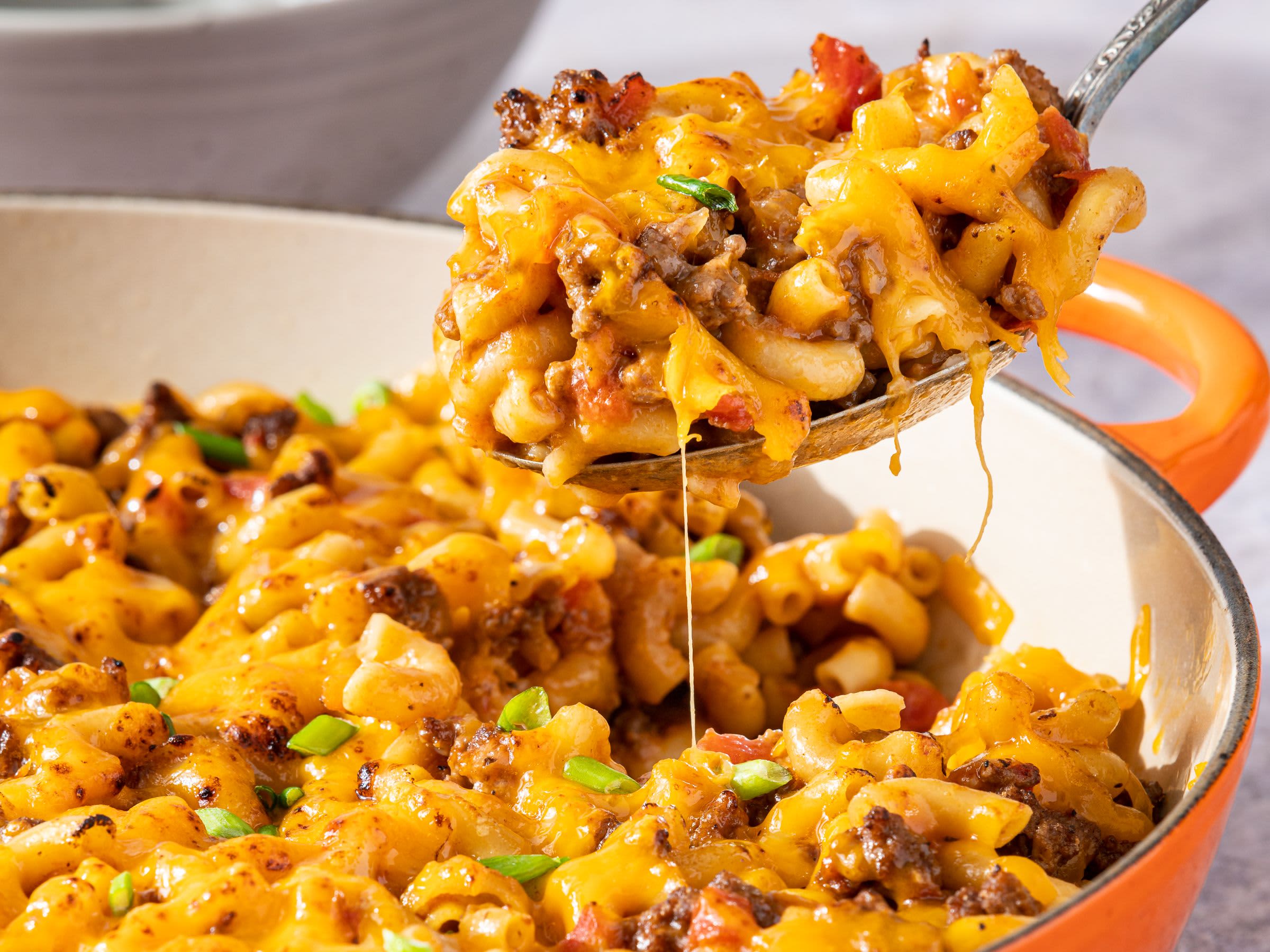
If the lanyard-clad crowds and white tents covering our public parks have caused you to roll your eyes over the years, I feel you. The Food & Wine Classic in Aspen rolls into town each June whether we’re ready or not.
And from the outside looking at, well, the outside, I’ve likely too often made assumptions. But this year, a work-related opportunity gave me a peek behind the canvas curtains, and my somewhat skeptical self was set straight, or at least a little straighter.
Previously, in what seems like another life at another local magazine, my experience may have been a little shallow. But now, with added perspective, I can see that the event isn’t all about indulgence and excess (though there is plenty of both). Perhaps I wandered my way into some of the right tents, but I was quickly wizened to the fact that many of the speakers and presenters seemed to conscientiously stir in some pressing social issues and add more than just a dash to the discussion on climate.
They asked their audiences to consider how food really does present so many opportunities to improve our impact on the planet, support our sense of connection, and provide ways to take that foodie passion and pay it forward. And through food, it’s been my experience that some of the best, most open-minded conversations can commence.
Again, perhaps the conversations I had were unique, and perhaps a little prompted by the rose-tinted beer — or should I say wine — goggles we all seemed to be wearing after a few hours. But the energy certainly seemed far less entitled, and a lot more fun, than those crowds often hosted by our town to which I am more accustomed.
I can honestly say that the infusion of eclectic people the event attracts was more cognitively appetizing then I had assumed it to be. There was a general inquisitiveness that reminded me of sitting in an inspiring college seminar, where the students were both hungry for new ideas and, of course, hungry for food. And there was, believe it or not, a level of appreciation and gratitude for the experience that I would never have anticipated.
Maybe it was all about the sharing of good food.
Sharing food bonds us on a more intimate, and even molecular level. After all, humanity hinges on sharing food. We are conditioned toward shared consumption, and we can still live or die by food dependency. Our human existence has always depended upon the communal table, and our sense of community has been evolving from that space ever since. So I suppose it’s only natural to find a more common place for open discussions when food is present.
It may be my observation, but it’s not just my opinion. For decades, social science fact-finding has been researching how eating together makes people feel closer, communicate better and come to consensus more naturally, a topic I hunger for more of.
Lately, too, we’ve been in a drought when it comes to “breaking bread” and sharing ideas with others. First, a pandemic and social distancing seeded desire to avoid too much contact (and thus connection) when it came to eating, or at least eating out. Add in to that a retreat into tribalism with less eclectic gatherings of diverse people with diverse ideas.
And now, again, we are grappling with a brand-new restaurant era for Aspen, filled with fewer affordable local options, leaving many missing our former favorite haunts and struggling to find that new place where everybody knows your name and social connections straddle some socio-economics.
Still, we can’t seem to resist the pull toward others and that sense of communal table. That could be because it’s nothing new: We’ve kept that part of the brain that relied upon millennia of food sharing for survival. The primary social structure built relationships and taught us to trust in our tribes.
We yearn for more, crave those connections, and though we may have spun out, we will navigate this new landscape to discover ways to revive our center. This was at the heart of many conversations I enjoyed this past weekend, and it left me feeling very nourished.
Maybe we will even rebound in a way that brings us closer, finding new ways to come together around food. Spaces and places that offer us the opportunity to share food could thrive, perhaps once we realize that food doesn’t have to be decadent, formal or pretentious.
Maybe we need to picnic more, or strengthen our neighborhoods with potluck block parties. Perhaps having fewer affordable and more cost-prohibitive eateries will encourage creative thinking, leaving room to let go of the notion that food prepared by someone else is somehow our only food-centered social option. And perhaps our newer eating establishments might recognize that great food must also include integrity and connectivity as ingredients.
Maybe an inflating economy will be the final nudge that we need to push us back to more backyard barbecues and homegrown goodies, community gardens and greenhouses. Perhaps we will become more conscious of how impactful food insecurity can be, and work out ways to waste less and share more. Perhaps these idealistic musings are too Pollyannaish for your palate, but why not let some of this simmer while the challenges of our era percolate?
Let’s exchange a piece of my mind for a little peace of mind; after all, if we always agree, what will we talk about? Britta Gustafson appreciates an open mind; share yours and email her at [email protected].



